If Your Eyes Are Puffy As Ever Right Now, Allergy Season Might Be To Blame
Whether you had a late night at work or had a few too many glasses of wine the night before, eye puffiness isn’t the best look, especially when it lasts the whole next day. But while it’s definitely annoying, the good news is that a little swelling around your peepers generally isn’t reason to be alarmed, says Mike Swann, MD, board-certified dermatologist at Swann Dermatology in Springfield, Missouri. It’s incredibly common, dermatologists say, and sometimes having puffy eyes just has to do with your anatomy (much of which is genetic).
“The shape of the bony structure of your face, including the orbital rim, or the area that holds your eyeballs, determines how much the tissue inside that rim projects outside of the plane of the face,” says Zenovia Gabriel, MD, a board-certified dermatologist and hormonal skincare expert. And for most people, the pillow of fat that cushions the eyeballs tends the stick out more over time, since the muscle that attaches it to the skull loosens with age, Dr. Gabriel explains. You end up seeing that layer of fat, aka the puffiness, more prominently.
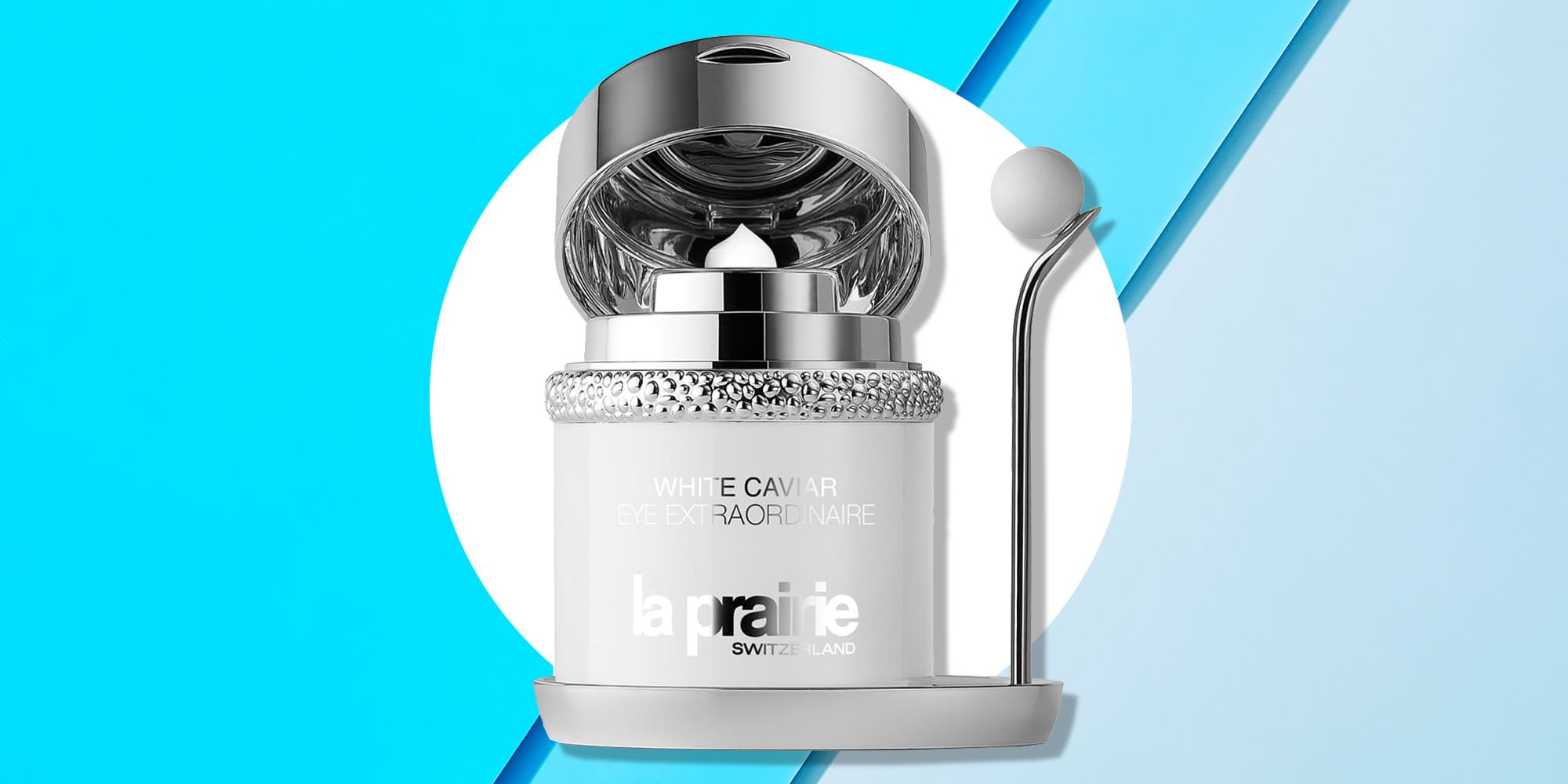
These natural changes won’t come out of nowhere though, and if your eyes are suddenly way puffier than they’ve ever been, there may be something else to blame. Here are the common culprits, and what tips and products you can use to fight the puffiness.
1. You didn’t sleep well last night.
We know you know this already, but it bears repeating: A bad night’s sleep could make your eyes appear swollen in the morning, especially if you’re stressed. “When you’re under stress, you release cortisol from your adrenal glands, and that changes the salt balance in the body,” says Swann. Because your salt balance is off, you might retain water and swell.
2. It’s allergy season.
Puffy eyes are a common symptom associated with seasonal allergies. When you have an allergy, your body goes into full-on attack mode by releasing histamine into your system. In some cases, when histamine releases into the skin, it causes a hive-like reaction, especially around the eye area, says Swann.
3. It’s that time of the month.
Blame it on PMS! Similar to how the rest of your body bloats during your monthly cycle, your eyes can retain water as well because of higher levels of hormones, says Swann. Like belly bloat, eye swelling caused by your period generally goes away after a few days.
4. You were crying.
We know it’s a no-brainer, but here’s the science behind it: Puffiness from crying is a result of your eyes’ lacrimal glands working overtime to produce tears. “When this gland is churning out tears, the [tear] fluid is less salty and more watery,” says Swann. “Differences in salt concentration between these tears and the surrounding tissues causes some swelling of the eyelid.”
5. You overdid it at happy hour.
The eyes are vulnerable to many small changes in diet, says Swann. Alcohol, for example, could cause your body to get dehydrated and make your eyes dry, too. People who eat a lot of salty foods can also retain water in their eye area, which gives them a little puffiness.
6. You have a thyroid problem.
Most of the time, puffy eyes aren’t a big deal, but they can be a side effect of a bigger health issue. “Patients with some types of hyperthyroidism can get thickening of the fat around their eyes, causing puffy eyes,” says Swann. “Puffy eyelids can also be seen in lupus, dermatomyositis, and other connective tissue diseases.”
7. You’re stuffed up.
When you’re sick with a cold, your eyes will naturally look puffier. That’s because the cavities that drain fluid out of your face are blocked with sinus congestion, so the eyes have a puffy look to them, explains Dr. Gabriel. Chronic sinus congestion is a bit more complicated, and it’s best to see an ear, nose, and throat specialist to treat it.
8. You’re not moving enough.
“If you’re too sedentary, you can have fluid retention,” Dr. Gabriel says. If you’re sick or injured especially and laying down often, fluid can collect in your face. In this case, it’s a good idea to sleep as upright as possible so that fluid can drain. Also, Dr. Gabriel suggests moving around and exercising regularly to boost circulation and get fluid out of the face on those especially puffy days.
How can I get rid of eye puffiness?
Whether you naturally have puffy eyes, or you’re dealing with one of the issues above, here’s what you can do to reduce swelling around your eyes. (And check out the ahh-mazing products that can help lessen the appearance of eye puffiness at the bottom!)
- Cooling gel pads. Applying cold water or ice on a compress to your eyes could help deflate some of the puffiness. You could use a regular cold cloth, or you could experiment with cooling gel pads, Dr. Gabriel says.
- Caffeine eye creams. There’s really no miracle beauty solution to stop puffiness in its tracks, but you can apply a couple of products to help minimize wrinkling and hollowing of the undereye area. Dr. Gabriel recommends a Glytone red tea eye cream that contains caffeine, which is great for combatting dark circles.
- Tightening eye creams. Dr. Gabriel also suggests coupling the red tea cream with Lifeline Eye Firming Complex to fight that crepe-like look of the undereyes and wrinkles in the lower lids.
- Derma rollers. “Rollers are great for collagen stimulation, and reducing wrinkling and crepiness,” Dr. Gabriel says. The puffiness is a bit deeper under the skin, so it may not really get into that as much since it’s only mainly working on the top layer of skin. Just be careful not to roll too much, as too much trauma to the skin can create more puffiness, she says.
- Layering on a solid moisturizer. “Concealer often cakes into the creases of the undereyes—as a fix, go ahead and put a hyaluronic acid cream, now in a lot of over-the-counter eye creams, like Neutrogena Hydroboost eye cream, under your concealer,” Dr. Gabriel says. Make sure the hyaluronic acid cream goes on your lower eyelids before you apply concealer to prevent it from caking into the lines, she adds. Your under-eye area will have an overall smoother look that way.
- A good concealer. Obviously, a concealer isn’t going take away puffy eyes, but one that’s a little bit lighter than your skin tone can make a world of difference in reducing the appearance of puffiness. For a concealer that’s light in texture and has a nice highlighting look, Dr. Gabriel recommends YSL Beauty Touche Eclat High Cover Radiant Concealer.
- Cucumbers. Don’t knock the classic spa staple. It’s a great option if you don’t want to splurge of cooling undereye gel pads but want a similar remedy. “Cucumbers have a high water content and stay cold—there’s nothing in the molecule that decreases puffiness, but they act like a natural ice pack,” Dr. Gabriel says. They’re a perfect DIY eye mask that you’ll probably have in your fridge already and shouldn’t be too cold for your eyes.
- Minimizing sodium. If you’re feeling especially puffy due to something like allergies or hormonal water retention, Dr. Gabriel advises sticking with a low-salt diet for about a week to help you feel less swollen.
- Drinking less. The same goes for alcohol. Sipping on fewer cocktails will reduce dehydration and fluid retention.
- Taking anti-histamines. A daily anti-histamine should do the trick when it comes to helping with allergy-related puffiness; if allergy season is particularly brutal for you, it’s best to take allergy meds as a preventative measure.
Do I need to see a doctor for my puffy eyes?
Probably not, Dr. Gabriel says. Puffy eyes are generally going to be caused by anatomical factors, along with environmental factors, such as allergies, or extra fluid retention from PMS. Normally, they’re not going to be a red flag for a more serious condition.
However, Dr. Gabriel says, if you suspect your puffy eyes may be linked to a thyroid issue, or if you’re having pain behind your eyes, or an abnormally severe case of water retention, you should seek medical attention immediately.
Other than that, any puffiness you have around your eyes is totally normal, and nothing to be worried about or embarrassed of. If you do want de-puff and minimize the appearance of undereye bags, the products below can help you out.
6 Products To Hide Puffy Eyes
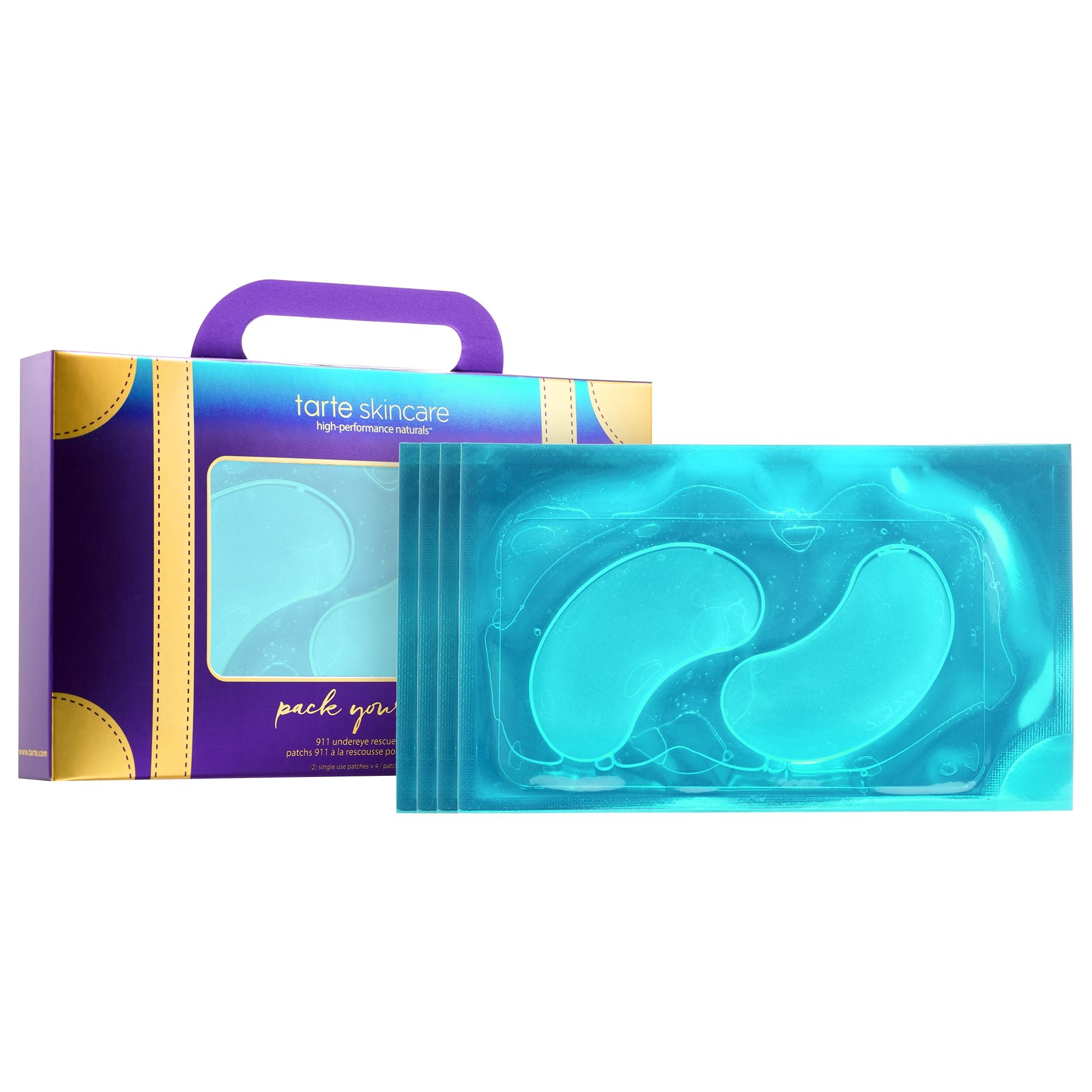
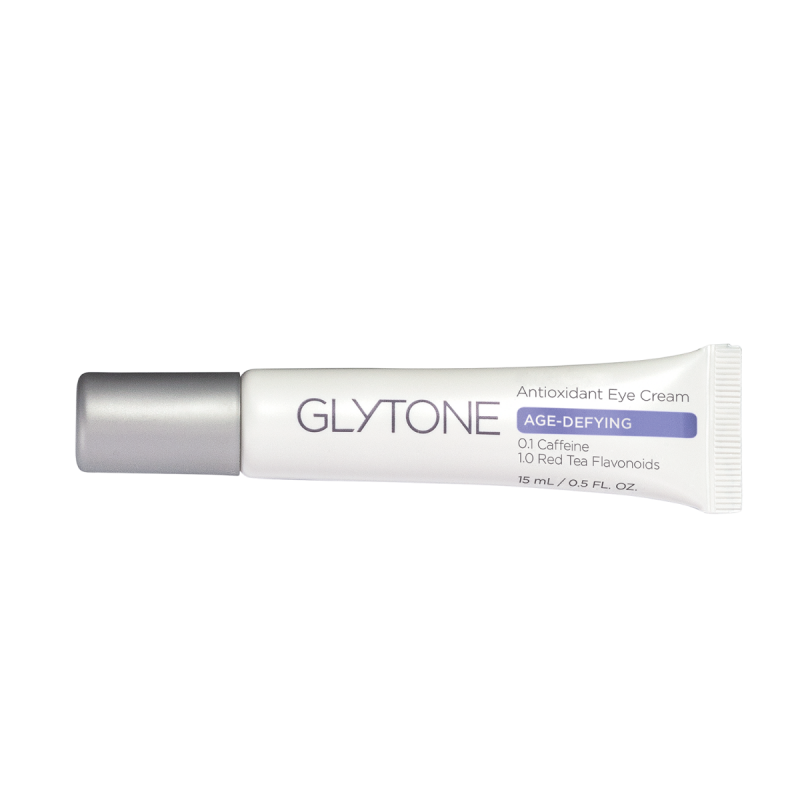
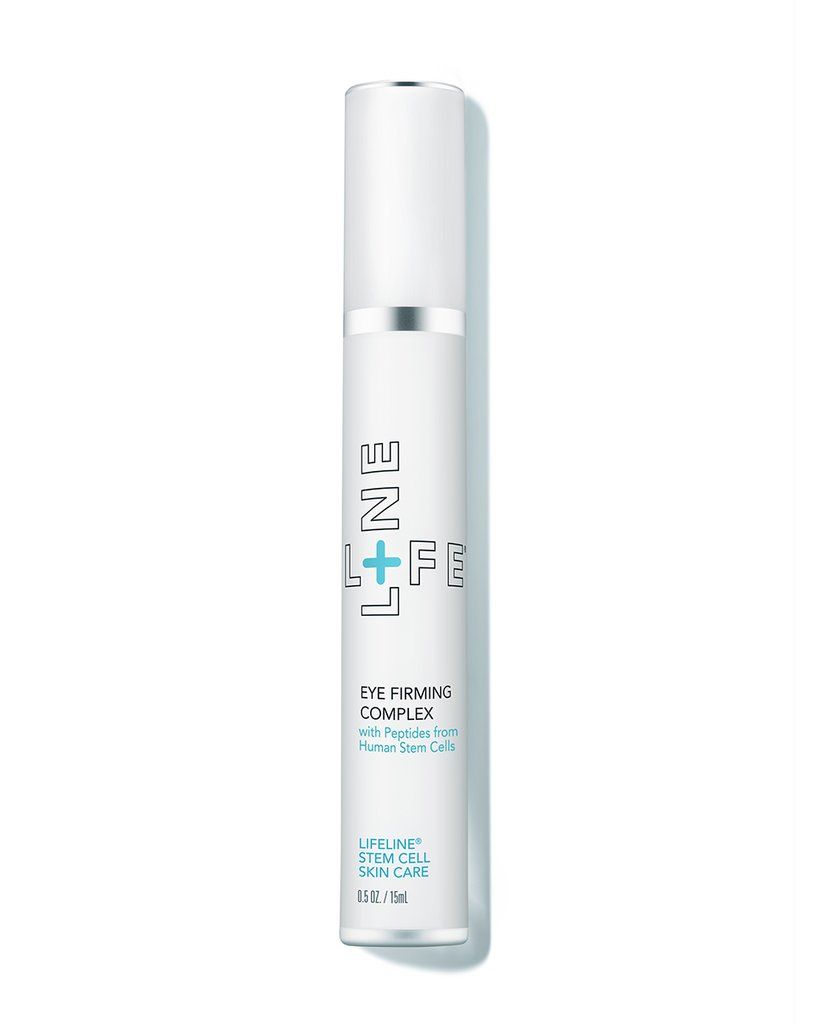
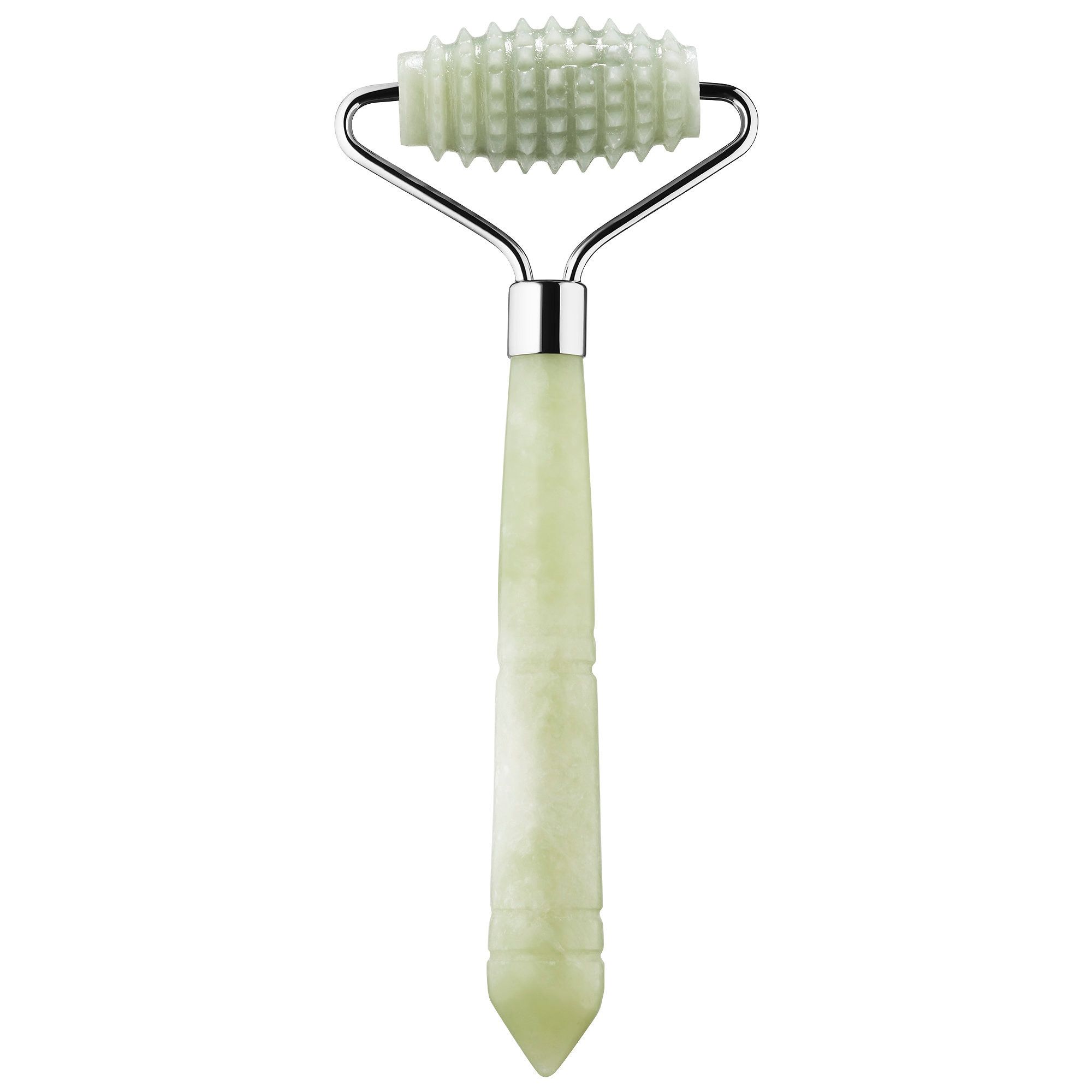
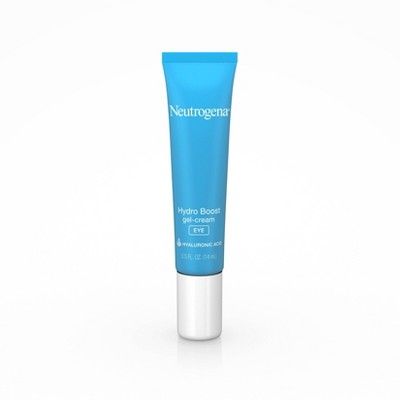
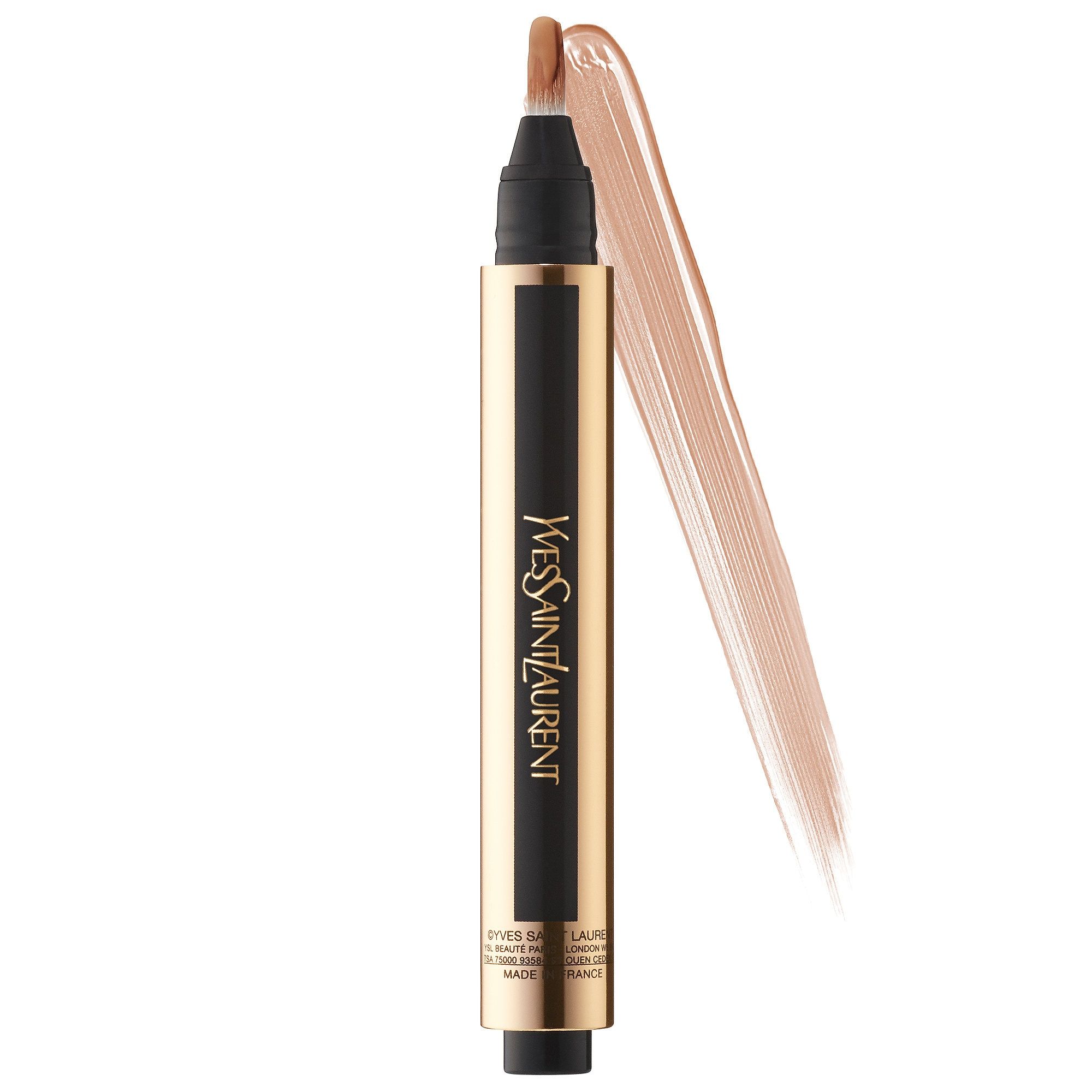
Source: Read Full Article
